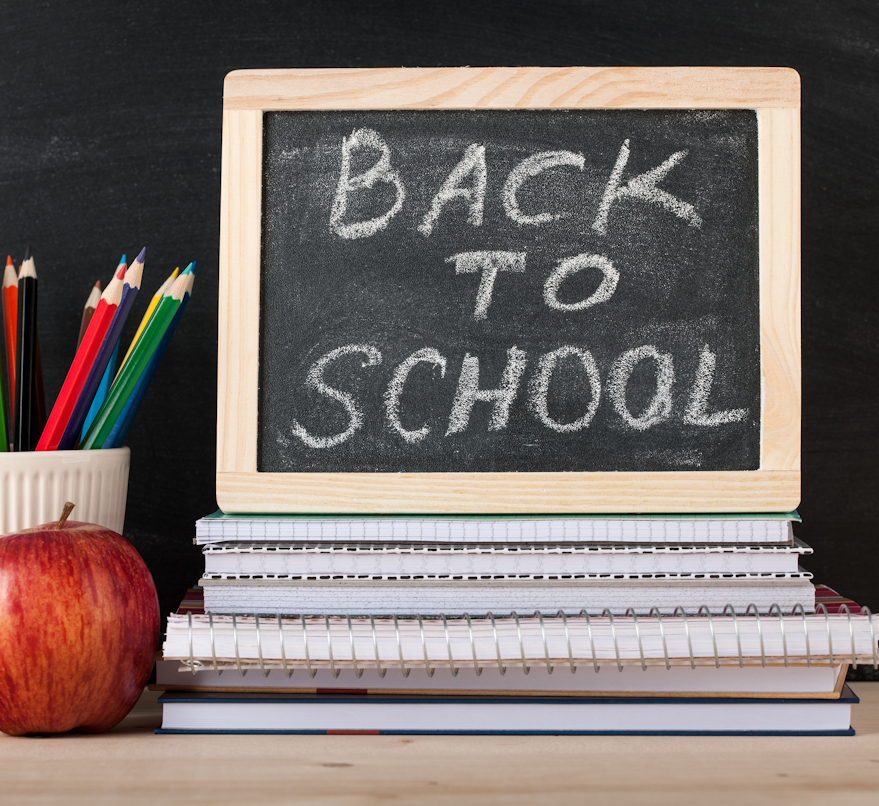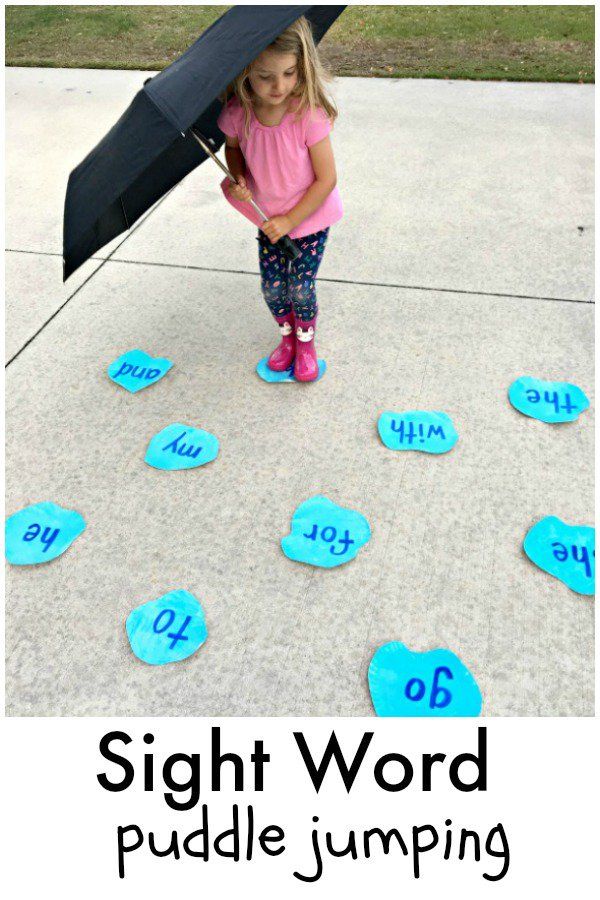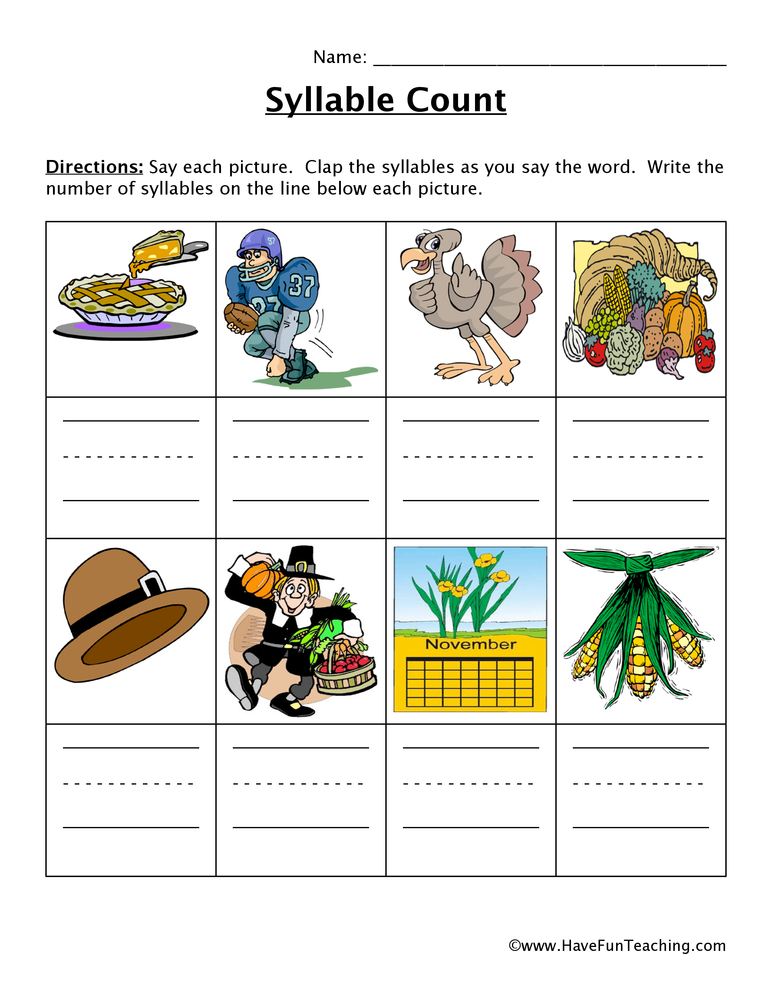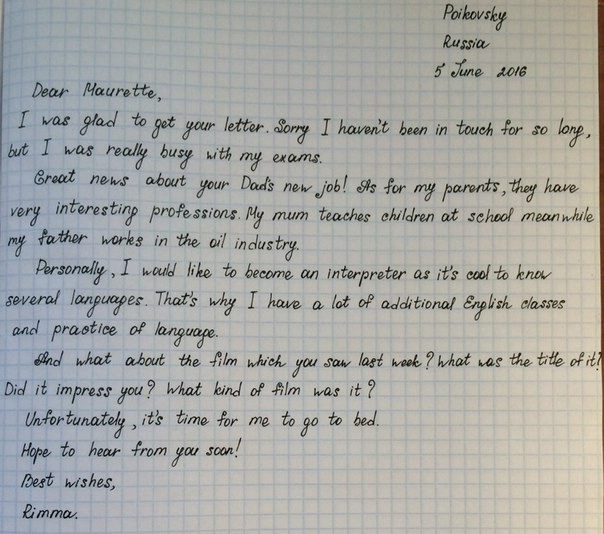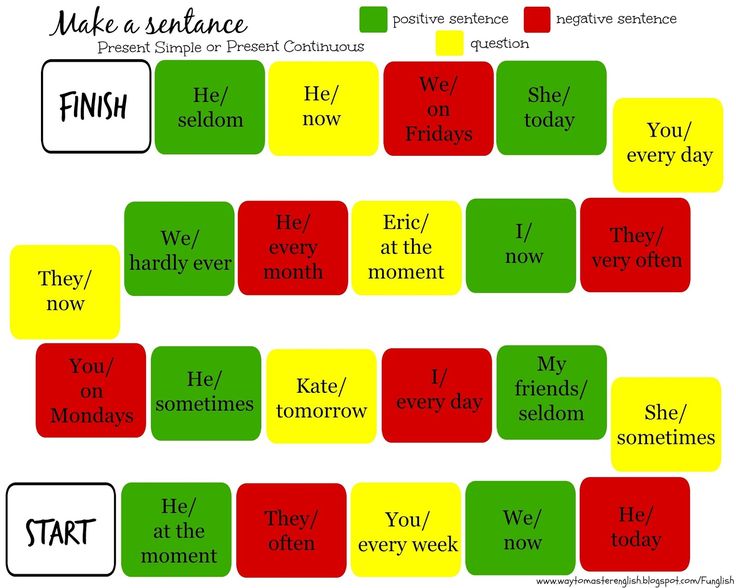Back to school blogs
The 7 Best Back-to-School Blog Posts
The 7 Best Back-to-School Blog Posts Skip to contentSearch
$0.00 Cart
LOG IN
Search
$0.00 Cart
The back-to-school season is upon us. From classroom set up and what to do on the first day of school to routines that you will want to establish during your first few weeks back, these 7 best back-to-school blog posts will get you in the grove of a new school year with new students and new ideas.
In 9 Ways to Start the Year Off Right, I explain 9 different strategies that you can use right now in your classroom to start your year on the right food. They’re simple strategies that anyone can do. If you do them, they will set a solid foundation for your whole year. The last one I one that I always forget in the business of the season and yet it is one of the most important for my own personal health.
In Five Things to Keep in Mind on the First Day of School, I discuss some activities that you’ll want to do on the first day of school. They’re ones you probably already have planned, but just in case you might have skipped one or two, they’re listed here in one place. These five activities (as well as a few others) are the cornerstone of my first day of school, year after year.
I always do a few cooperative learning activities on the first day of school. I want students to learn how to “be” together as a group and setting up meaning activities that allow students to interact with one another in structured, healthy ways has been so helpful to set that foundation. Five Cooperative Learning Activities for the First Day of School provides you with five different ideas on how to get students up and moving and talking with one another, forming those yearlong and lifetime friendships.
3 Tips to Get Ready for Back to School is a good post if you have not started school yet, as it gives you tips and tricks to get ready for this busy season. It helps you set the stage for a productive, organized, and efficient year by making sure you have a few things in place before the first day of school. There are also good tips in this post that you can do at the end of the year to help prepare for next year.
There are also good tips in this post that you can do at the end of the year to help prepare for next year.
I know your students all have supply lists, but what about you? Do you have a few favorite tools that you pick up every year? Here is my list of have-to-have supplies. It’s all about me (well the teacher, that is). There are some fun things that are truly optional and others that are just good to have stashed away for when you need them.
You know those first few weeks back when you’re still trying to figure out the timing of everything get a feel for how long this particular group of students will take to finish activities? And then, there 10 minutes left and you have to figure out what to do? This blog post will give you 80 different activities that are low or no-prep and easy to implement.
Read More . . .
Looking for Something?
Search
Explore by Grade
Explore by Topic
Math
Seasonal
Writing
Goal Setting
Reading
Social Studies
Science
Management
Shop Resources
BUNDLES
Early Reading
Science
Seasonal
Goal Setting
Courses & Collections
Best SElling REsources
Reader Favorites
Looking for something?
Search
Information
REsources
Topics
WHAT I HAVE LEARNED ©2022,
30+ Back to School Blog Post Ideas
Posted at 10:51h in Blogging by Joyce Brewer
Some of the most popular search terms for August and September are for back to school topics.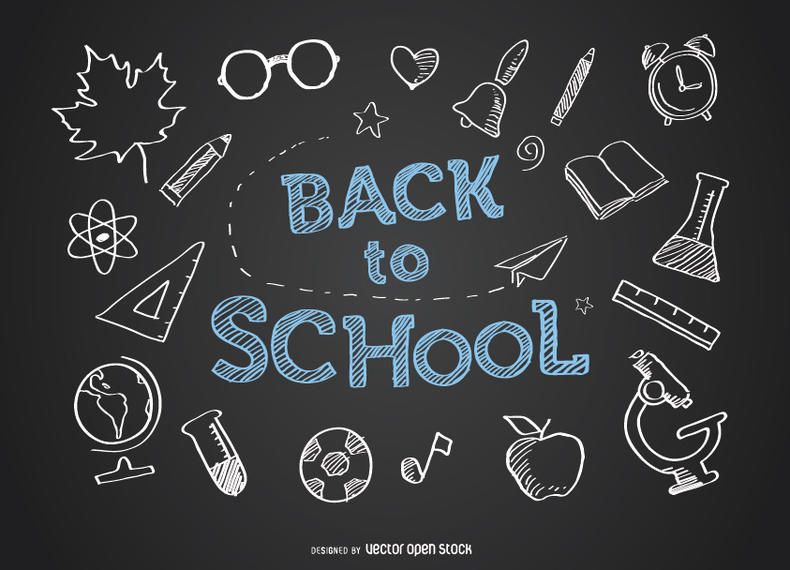 Here are some suggestions to help you create back to school blog post ideas that will show your audience you’re an expert and can provide solutions.
Here are some suggestions to help you create back to school blog post ideas that will show your audience you’re an expert and can provide solutions.
Summer Slump
Educators describe the summer slump as the skills students often lose because they’re not regularly using them in class.
1. Preventing/Recovering from Summer Slump
2. Setting School Year Goals
3. End of Summer Reading Lists
Before School Starts
Prepping for back to school starts months before the school bell rings.
4. School Registration & Forms
5. Emergency Contacts
6. Adjusting Bedtime Routine
7. Adjusting to Christian School, Charter School, Unschooling, Home school
8. How to Get the Most of or School Tours/Meet the Teacher Night
Back to School Shopping
Forbes estimates back to school spending for parents can exceed $1,000 on average. How can you help them save and avoid the urge to splurge? Reminder: Use your affiliate links to sites to Amazon to help earn referral income.
9. Coupons & Deals
10. Shopping checklists
11. Freebies
12. Donation Drives
13. Tax Free shopping weekends
14. School Uniforms
15. School Supplies
School Lunch
“You are what you eat” is a common theme for healthy living. How can parents keep children energized and healthy while they’re in school?
16. Lunch Box Product Reviews
17. Lunch Box Note Ideas
18. Lunch Meal Planning
19. Healthy Snacks
20. Allergen-Friendly Snacks
21. Teaching Kids to Make Their Own Lunch
PTA
The Parent Teacher Association is a backbone of any school. Whether parents are a member or office holder, communicating with the PTA is imperative.
21. Most Successful School fundraisers
22. School schedules – year round school, school-year vacations
23. Tools & Apps for Organizing School Events
24. Best Practices for Writing Teacher Notes
25. Do’s & Don’ts for Room Parents
Sports
26.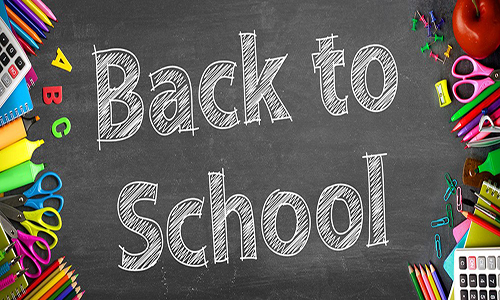 Completing Sports Exams
Completing Sports Exams
27. Healthy Sports Snacks
28. Preventing Sports Injuries
29. Saving on Sports Equipment
30. Sports Competitiveness
School Transportation
How will children get to school, get to after school activities and get home safely. Carpools and buses
31. Navigating Carpool Groups
32. Learning School Bus Routes
33. Teaching Your Children School Bus Safety
34. How to Access School Bus Inspections in Your State
Comment below: Have you created a series of back to school blog post ideas? Do you plan to repurpose your blog’s content into a Facebook Live event or Podcast? Have you pitched any brands to host a Back to School Twitter Party?
RELATED TOPIC: Newest Twitter Party Trends
Joyce Brewer
Follow Joyce Brewer on Twitter: @MommyTalkShow. The Emmy award-winning TV journalist video blogs about parenting and family-friendly Atlanta events on MommyTalkShow.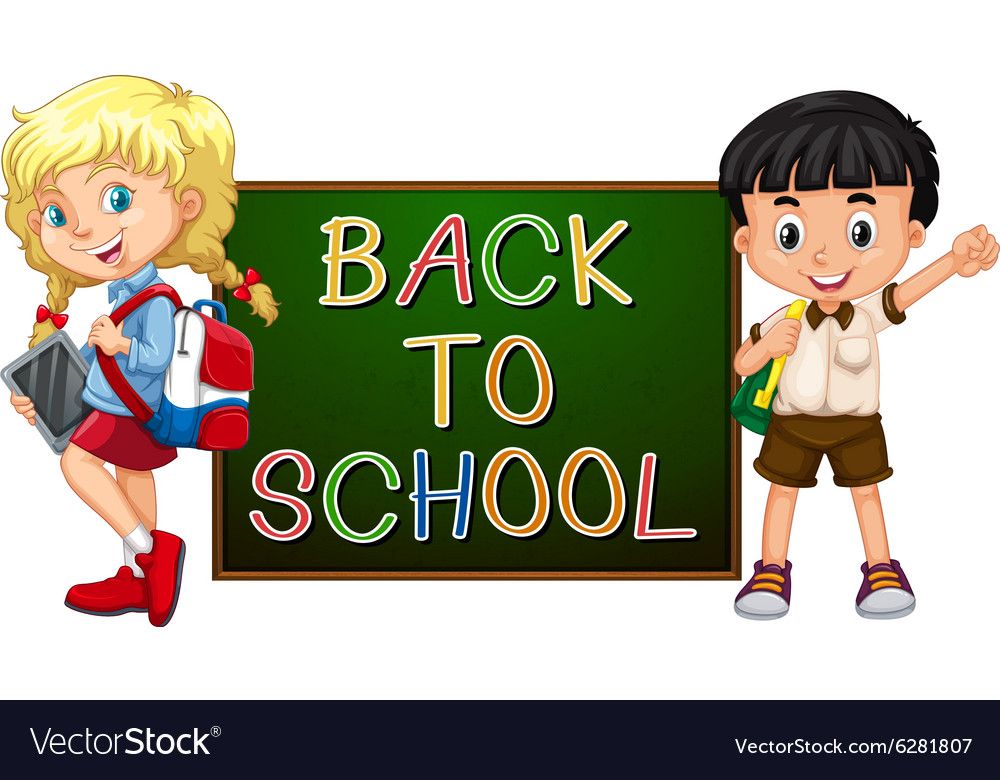 com.
com.
Get up at 7:00. How to return to the school schedule: seeing off the holidays, freewriting and the Advent calendar
Many children this year spent at home not the prescribed two or three months of vacation, but almost six months - and it seems that they are already used to waking up 5 minutes before the zoom lesson and to be there in pajamas. Together with the experts of the educational center "Stone City" - child psychologist Sergei Galiullin and journalist Oksana Aminova - we are glad that this experiment seems to be over. And we remember how to adapt to a tough learning rhythm anew and without straining.
Why is it difficult for a child to adapt to studies after the holidays
The regime is broken. On holidays, children do not need to wake up for school. It gets dark late in the summer, many schoolchildren don’t want to go to bed before dark, and then it can be difficult to sharply remember how it is to get up at 7 in the morning. It can be especially difficult for teenagers, whose regimen also goes astray by itself, due to age.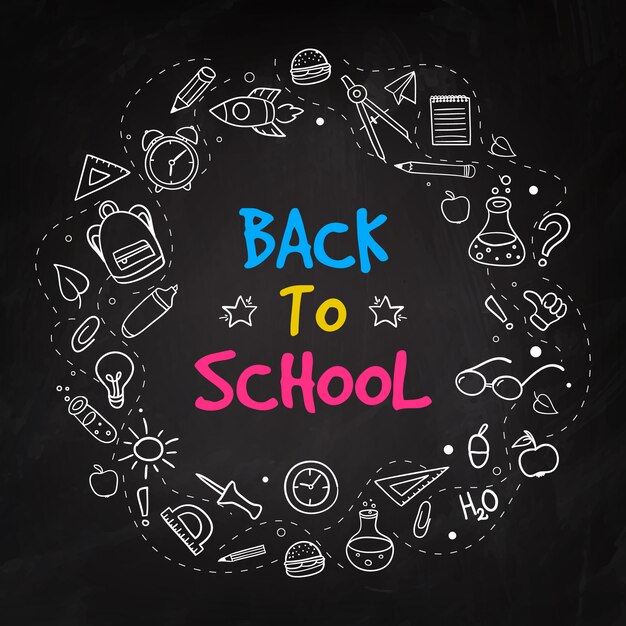
There was another activity. During the summer holidays, they are usually assigned to read books - and many schoolchildren fail on them. This means that they are weaned from textbooks, homework and school fees. It can be difficult psychologically to quickly change from one type of activity (walks, socializing, rest) to a completely different one (work in a tight schedule, discipline) - the child begins to quickly get tired, act up, lose concentration and motivation to go to school.
School related fears. Summer is a house, a summer house, camps with congenial friends and a freebie, and at school a child may have conflicts with students and teachers, difficulties with learning. All this also does not motivate you to get up early and run somewhere.
No independence. This problem is more common in younger students. Those who already had to make decisions and perform some actions on their own at school usually again fall under the care of their parents or grandmothers over the summer, and it is difficult for them to “turn on” an adult and prepare for school.
How to help your child switch from summer to school
Set up a schedule. It is better to start doing this a couple of weeks before September 1, that is, right now. No sudden movements are needed, you can just get up a little earlier than usual every morning, and go to bed a little earlier in the evening - for example, every day take 15 minutes from evening wakefulness and morning sleep. When the time of getting up approaches the everyday one, in the evening the body itself will “turn off” at the right time: a child who got up at 7 in the morning, walked a lot and generally spent the day actively, by 10 pm he will be asked to sleep. By the way, it’s better to establish a daily routine with the whole family: so the child will not be offended to go to bed when everyone else takes out sweets and is going to watch a new series.
Dream about goals for the year. So the child will remember why you need to study at all. These goals, by the way, may not be related to school, but related to gaining knowledge.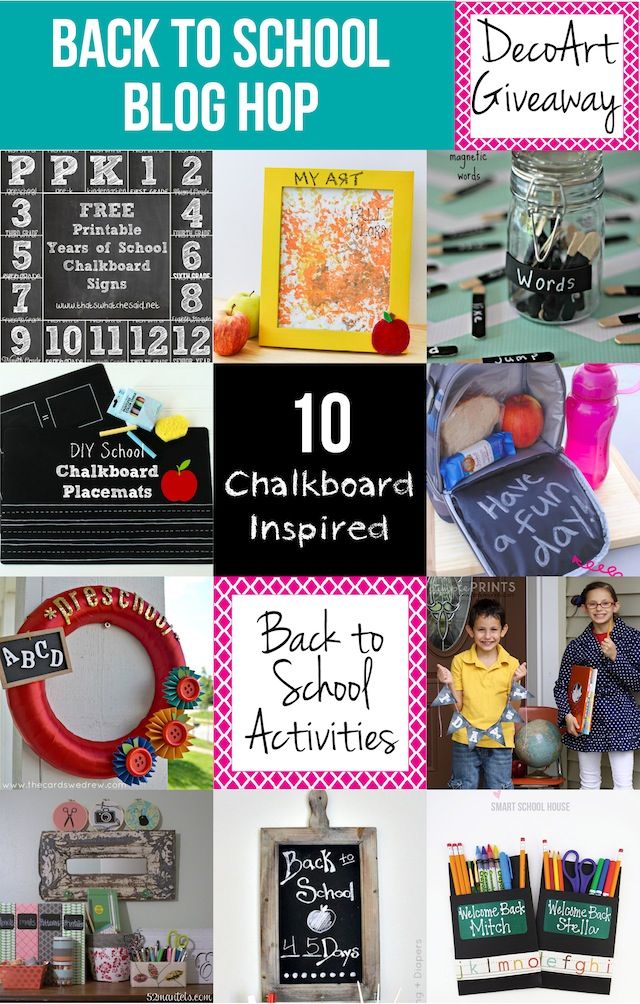 For example, a child is fond of auto-simulation, which means that you definitely need to improve mathematics, physics and include other sciences in this educational route. Even better, if there is an orientation to the profession, then it will be even easier to find motivation.
For example, a child is fond of auto-simulation, which means that you definitely need to improve mathematics, physics and include other sciences in this educational route. Even better, if there is an orientation to the profession, then it will be even easier to find motivation.
Come up with a ritual associated with the end of the holidays. It can be barbecue with friends, shopping together, going to a cafe or a short trip somewhere for the weekend. Or you can do together what you have been putting off for a long time until better times.
Prepare in advance. Even if you are on a long journey, you can already begin to think over a plan for the transition to an active and fulfilling life. For younger students, for example, you can make something like an advent calendar with a countdown to September 1 - for each of them, prepare a small and pleasant task or a small school-related gift.
Maintain. Remember your childhood in the moments of the last days of the holidays - and just try to understand and share the feelings of the child.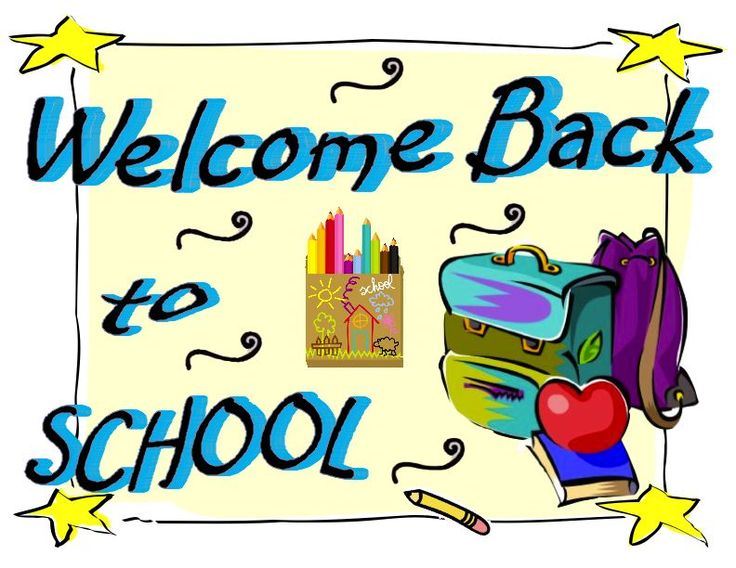 Understanding, love, sincere conversations will work better than constant rebuke, condemnation and control. Does the person not want to go to school? Do not get angry, better try to calmly talk about why this is happening, and together look for ways out of the situation.
Understanding, love, sincere conversations will work better than constant rebuke, condemnation and control. Does the person not want to go to school? Do not get angry, better try to calmly talk about why this is happening, and together look for ways out of the situation.
How to help yourself
Tune in. You can do this even before you start setting up the child. This is a difficult period, but you will manage, especially if you enlist the support of other relatives. Do not discount your own difficulties: preparing with a child for school is really not easy.
Deal with fears. If you have disliked school since childhood, then most likely it is time to deal with this trauma. At least in order not to convey your fears to the child. If you are very depressed by a school topic, you can talk about it with a psychologist or try to deal with the issue yourself, for example, using freewriting. Sit in silence, focus and allow yourself to write everything that comes to mind - about school, lessons, teachers and former classmates. When you reread all this, remind yourself that you are an adult who has a child, and you yourself do not need to go to school.
When you reread all this, remind yourself that you are an adult who has a child, and you yourself do not need to go to school.
Rest. When it's hard, you need to take a break. Have fun with your child, do what you want, enjoy the last days of his vacation. And be objective: some things are critical in preparation, and some can be omitted.
Accept everything calmly. One must be prepared for everything. The school year can start offline and then come back online. Children may be asked to wear masks and keep their distance, or, on the contrary, they will suddenly stop taking their temperature at the entrance to the school and let the situation take its course. It is not in your power to influence all this. This means that it is useless to be very nervous - do what you yourself can control. This will give you confidence and strength to at least calmly observe what is happening.
Helping to cope with parenting difficulties, answering acute questions - at the annual conference of the educational center "Stone City".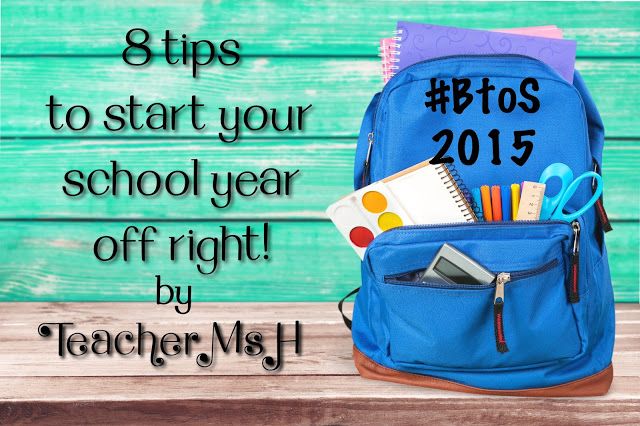 For the first time there will be a separate section for parents!
For the first time there will be a separate section for parents!
Photo: Shutterstock / Ekaterina Koniukhova
"Mom, I don't want to go to school." How to Help Children Return to Regular School Life
January is coming to an end, and many children (and adults, too) are still unable to return to school. It is understandable: outside is cold and dullness, ahead is the longest quarter of the year, and the uncertainty from last year has not gone away. Together with the Normal School teacher, emotional intelligence coach Daria Sokolovskaya, we tell you how to motivate children (and yourself) for productive study and work.
Not wanting to study is normal
Studying is stressful, even if the child is doing well and enjoys it. This is constant tension and keeping yourself in good shape. You need to get up early, get ready, go somewhere or go. The child gets used to a busy schedule, certain patterns of behavior are built and fixed in his head.
Then the long holidays come, these patterns are not used and forgotten. This is completely natural: the human body is not evolutionarily tuned to stress, it is tuned to save energy and receive rewards. Therefore, children very quickly get used to a regime in which there is one solid reward: sleep a little longer, then go for a ride on a hill or chat with friends.
This is completely natural: the human body is not evolutionarily tuned to stress, it is tuned to save energy and receive rewards. Therefore, children very quickly get used to a regime in which there is one solid reward: sleep a little longer, then go for a ride on a hill or chat with friends.
A voltage patterns are quickly forgotten. This is due to evolution: for a long time, a person had to literally survive in harsh conditions, there were very few pleasures. After all, all our psychological and social characteristics were formed precisely in that distant, but very long period in the history of mankind, when we were hunter-gatherers. The environment has changed, but we haven't.
Human dislike of tension does not mean that one should spend one's life in idleness: it leads to degradation
But our brain is still tuned to receive a reward: we see a delicious candy and get a signal that we need to eat it, because this is an instant energy supply, without effort. But this does not mean that the candy is useful.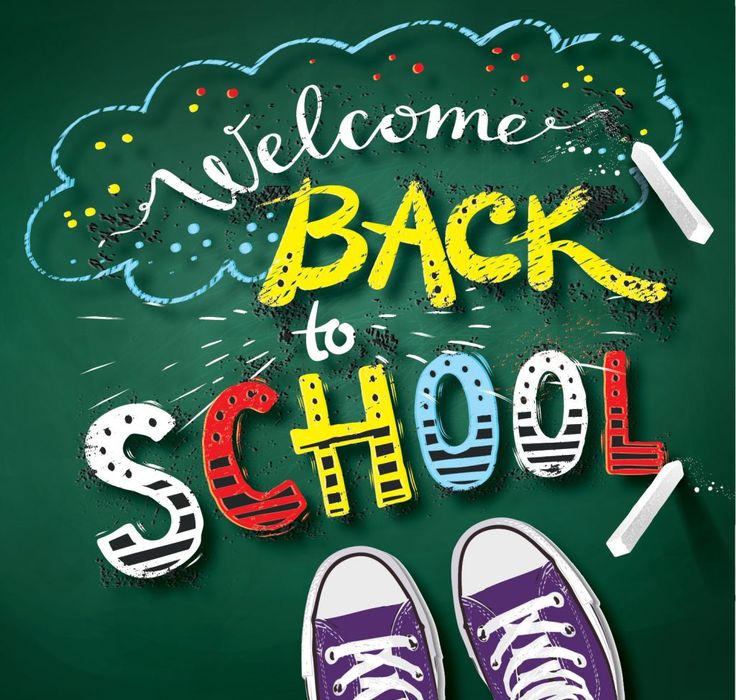 It is the same with rest, pleasures, lack of study and stress.
It is the same with rest, pleasures, lack of study and stress.
What to do about it? It’s easier for adults: we have quite developed frontal lobes of the brain, which are responsible for rational thinking and allow a person to plan and set goals. These structures finally mature only by the age of 25, so it is pointless to demand very strict discipline from teenagers.
Children's thinking is influenced by older brain structures: the limbic system, subcortical structures that are more responsible for survival and providing basic instincts. A child can eat a bag of sweets, and an adult can resist.
How to help a teenager continue studying if he is tired of everything
1. Monitor the condition of the child
It is cold outside now, daylight hours are short: even an adult can feel a lack of strength, drowsiness and apathy. This is also due to our physiology: the human body feels best in summer and early autumn. At this time, there is a lot of sun, bright food, vitamin D, warmth.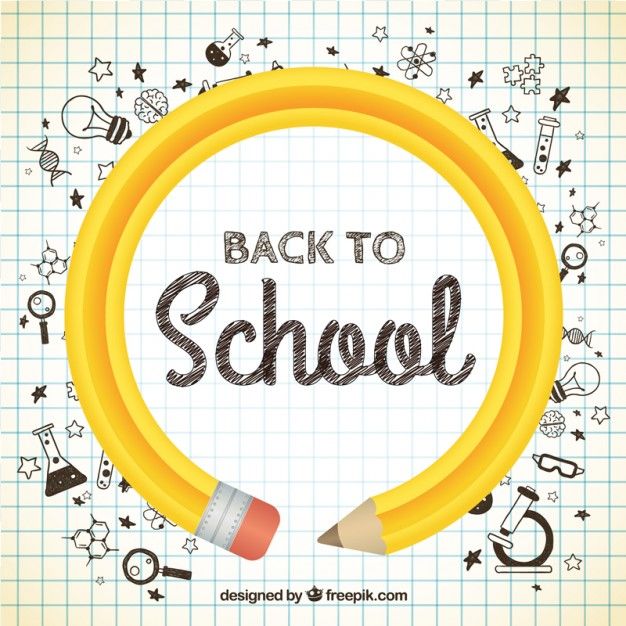 Therefore, you need to take care to support the body as much as possible:
Therefore, you need to take care to support the body as much as possible:
- The most important thing is sleep . Even if late in the evening it turns out that homework needs to be done, it is better to send the child to sleep and recuperate. If the regime is still lost, it must be restored gradually, usually 4-5 days are enough for this. Standard, but very important advice: two hours before bedtime - no stressful or overly emotional events. It’s better to read together or just chat (just not about school and upcoming exams!).
- Do not forget about food, it should be varied . You can add frozen berries to porridge in the morning: this is both useful and reminds you that summer will come someday, and with it the long-awaited vacation. An aesthetic and nutritious breakfast will help you set yourself up for a cheerful and optimistic day. Instead of carbohydrate bars, put fruit in your lunch box or brew delicious tea with berries and your favorite herbs.
 This will support the child throughout the day.
This will support the child throughout the day. - Physical activity will help you cheer up . Choose any: walking around the house if it's -20 outside, or skating, skiing, ice skating, if the weather allows. Forgetting about textbooks, computers and phones and getting bright emotions is a great way to survive the winter and escape from the routine.
2. If the child is angry, support him
Sometimes (often) children show negative emotions: refuse to go to school, say they hate learning, argue, argue with parents, give examples of chronic dropouts that startups have made a million . It is hard for parents in this sense now. Many people are now finding their way in the world without any education, so schoolchildren are very tempted to give up everything.
Don't scold a student for not wanting to go back to school. He acts in accordance with his physiology! If it’s hard for him to get up in the morning, remind him what a wonderful day is ahead: meetings with friends, favorite activities, new knowledge.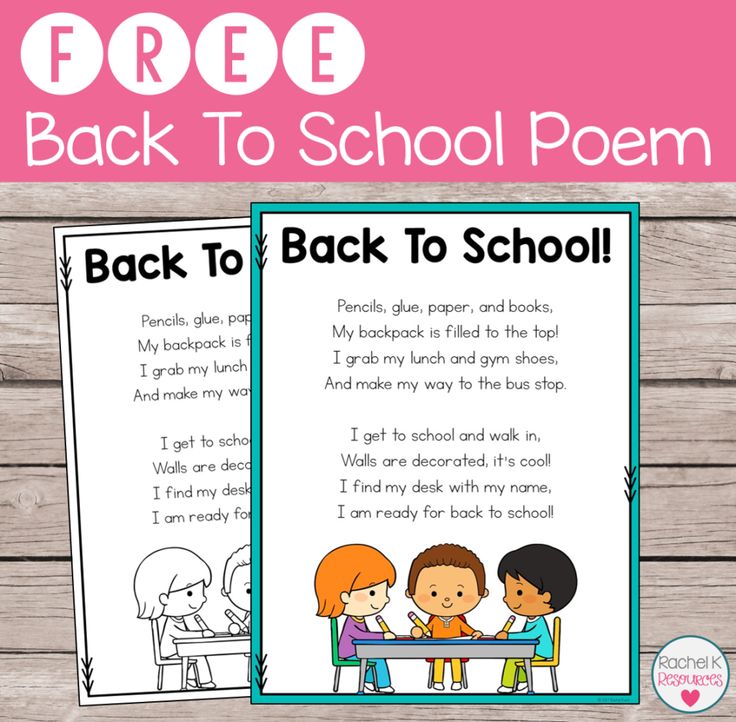
3. Don't overload your child
Extra activities help you switch from routine to creative wave and facilitate the learning process. For example, if it is difficult for a child to do math homework, he can be distracted by drawing or playing his favorite instrument. The brain system responsible for relaxation and the search for non-standard solutions is activated, and tasks will be solved much easier!
But we must not forget that this is also a load: to go to a circle, spend several hours there, return home and still do homework - this is an energy-intensive process. And it is also desirable to leave time for doing nothing, at least a couple of hours a day. We all (and children are no exception) want to have time for ourselves.
Therefore, it is more correct to follow the rule “Less is better” with circles.
Do not write off online classes. Of course, during the months of distance, many got tired of them. But online dopas are good because they require less energy: you don’t need to go anywhere, it’s quite convenient to get comfortable with a computer or laptop.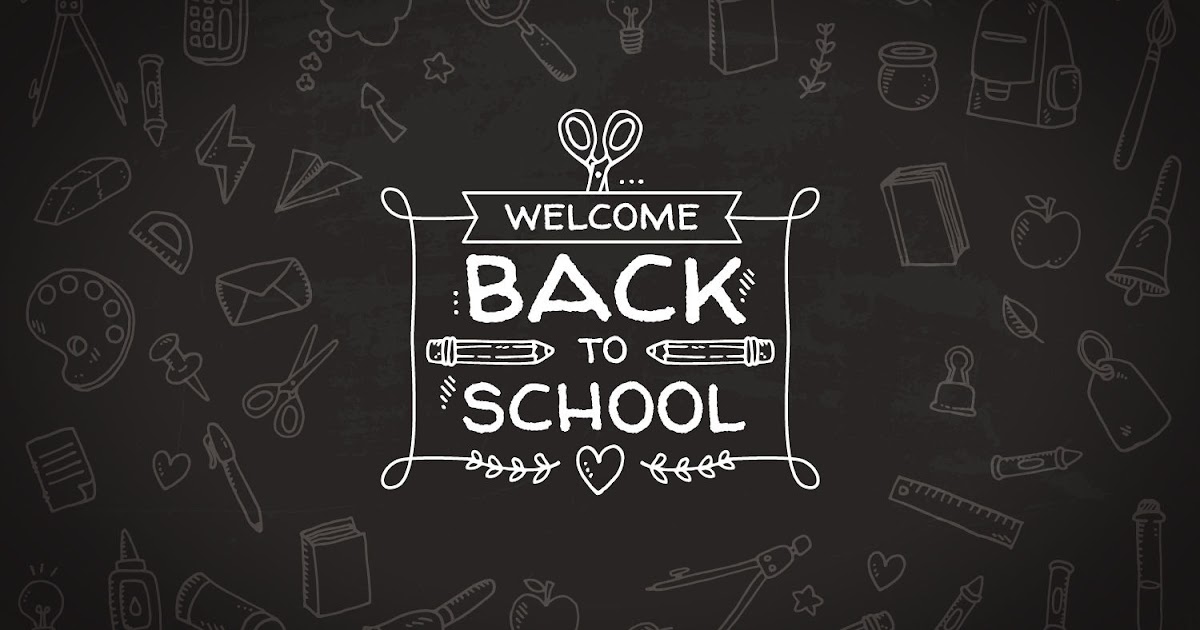 And in this weather and epidemiological situation, this is a very good decision. At the same time, they provide useful content.
And in this weather and epidemiological situation, this is a very good decision. At the same time, they provide useful content.
"Normal School" courses allow the child to adapt to life. The school curriculum does not keep up with the complex diverse environment, and such courses provide an opportunity to understand more about life and prepare for the different situations that the child will face. Naturally, these classes also need to be connected in doses, but they last no more than an hour, that's enough. In addition, a cool online course with peers is also networking and a great opportunity to socialize.
Do you want your child to stay motivated to study and cope with heavy workloads? Give them the gift of training in the course "The Brain: How Neuroscience Helps in Life." On the course, children study neurobiology: it helps them analyze their own emotions and state. They understand where laziness or apathy comes from and how to deal with them. After graduation, each student will take with him a checklist of useful techniques for personal effectiveness and learn to be productive without compromising health.